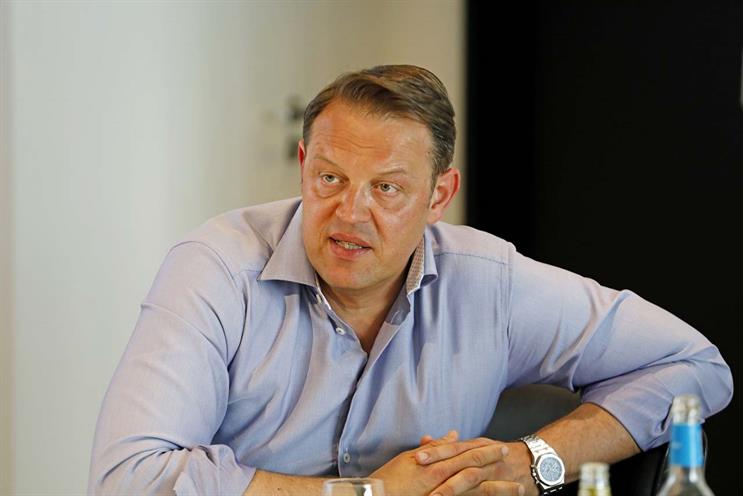
Speaking to journalists in Berlin yesterday (16 April), the brand’s chief marketing officer, Jochen Sengpiehl, outlined what he said was the first stage of a 15-year process to re-establish the foundations of the brand.
He also used the session to announce a new approach to working with agencies.
VW’s competitors were no longer just other car brands, he said, but tech companies and service providers in the transport space. The brand was entering a third era of its history, he said, following the first, which was about providing mass mobility, and the second, in which it democratised the features of premium vehicles.
"What’s the next Volkswagen, the next story?" he said. "It was clear the next VW could not only be a car – it’s a mobility concept."
Sengpiehl admitted that following 2015’s diesel emissions scandal and other "mistakes we have made" meant that "of course the brand is not in a good shape compared to previous years".
Over the next two years Volkswagen is launching the ID range, its first cars based on a car architecture designed specifically for electric vehicles. It is also set to launch the Golf 8, the latest version of popular hatchback.
Both of these launches will introduce a new design scheme, featuring an updated logo and new use of colour, which will aim to "express a sense of lightness" and to work effectively across all touchpoints.
Although VW’s German heritage and German engineering were assets for the brand, Sengpiehl said that previous international marketing had had "too much German flavour", and that this was something that would be toned down.
"Maybe we have in the past over-exaggerated being precise, and too perfect," he said. "We need to become more colourful. VW needs to be fun, light and seamless. When you want to get into the people’s heart you need to speak the language of digital and social media."
VW retired its slogan "Das auto" in 2015, following the diesel emissions scandal.
With the sale of new petrol and diesel vehicles set to be banned in the UK and France in 2040, Sengpiehl said it was "fundamental" that VW became strongly associated with electric vehicles. A big part of this would be a programme of content called "Living the e-life", designed to overcome barriers to adoption and provide editorial content aimed at building trust in electric vehicles.
Following the first stage of Sengpiehl’s 15-year strategy, VW will undergo an "e-mobility offensive" and focus on bolstering its digital ecosystem. The third stage, from 2025 to 2030, will see a "major transformation" of the business, he said, with new business models and the dawn of true autonomous driving.




.jpg)
.jpeg)
